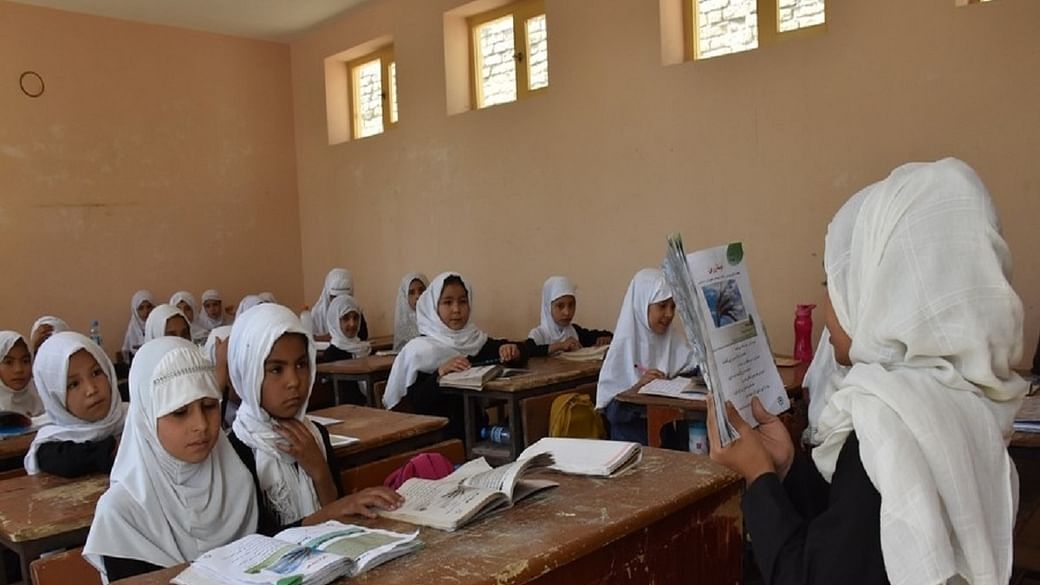Afghan girls return to schools in 3 provinces
Afghan girls return to schools in 3 provinces

Sultan Razia, a female student in Balkh's capital Mazar-e-Sharif where there are over 4,600 students and 162 teachers, said: "Initially, there were a few students but the number is getting larger and the lessons are good."
Another student , Tabasom, said, “Education is our right, we want to improve our country and no one can or should take the right of education from us.”
According to statistics of Balkh educational department, more than 600 schools are active in this province with about 50,000 students.
Based on numbers of the Education Ministry, currently 14,098 schools operate in Afghanistan, of which 4,932 are schools with students from grade 10-12, 3,781 from grades 7-9, and 5,385 from grade 1-6. According to statistics, of the total number of schools, 28% of grade 10-12, 15.5% of 7-9, and 13.5% of grade 1-6 are girls' schools.
Saeed Khosti - a member of Cultural Commission of the Culture and Information Ministry, said: "There are technical problems. There are problems that should be solved fundamentally and there is a need to make a policy and framework. In this framework, it should be established how our girls should continue their lessons. When these problems are solved, all the girls can go to school."
The female students here said that although Taliban has repeatedly said it has changed their decision, is disappointing and causes the girls and young women to fear their loss of rights.

